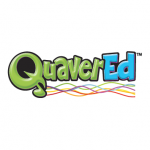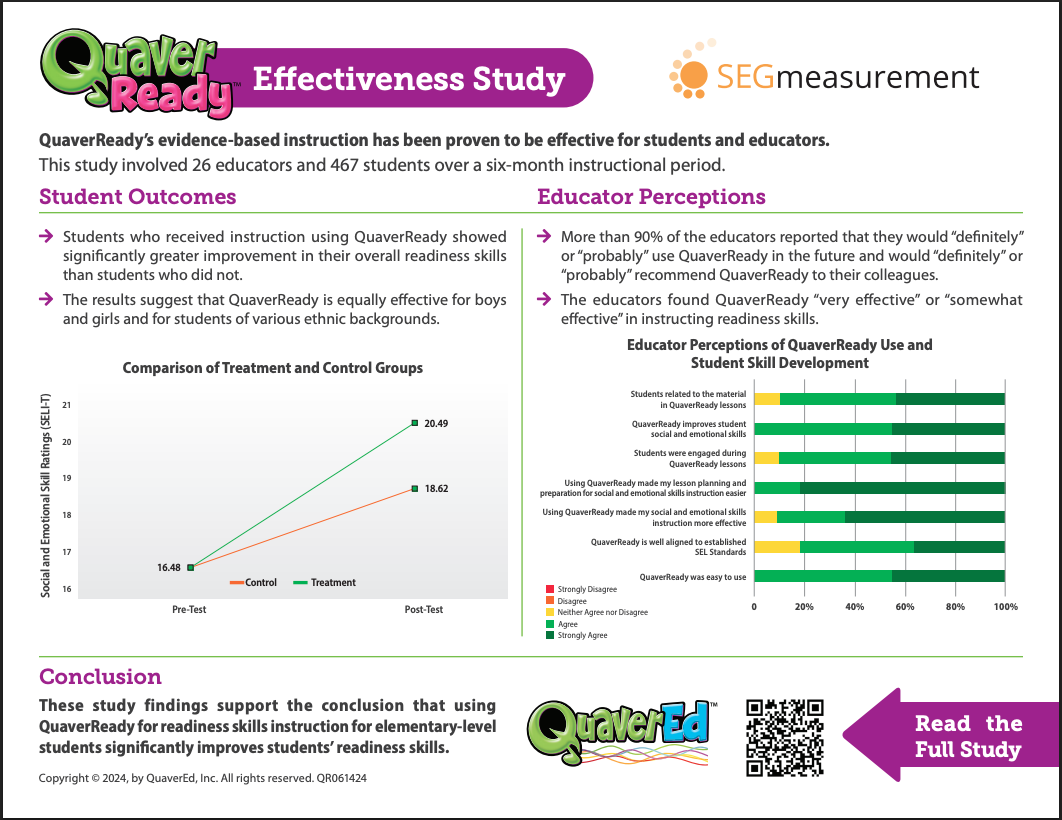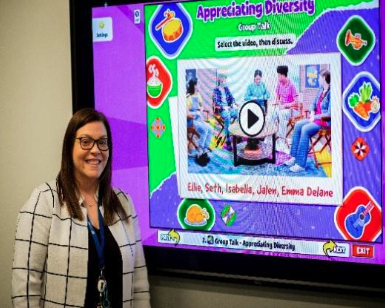In light of COVID-19 school closures, Lewis County Schools in West Virginia have found success using QuaverMusic to reach their elementary music students at home! Read the story below.

WESTON DEMOCRAT — The traditional learning process has changed dramatically since schools closed March 13, and music teachers have had to re-think and re-tool teaching methods, as well. Elementary school music teachers Whitney Ballard, Andrea Heath, and Tracy Alfred have been using an online program, Quaver, since 2017, which has helped make implementation of current teaching methods a little easier.
“Thank goodness for Quaver! They have made this whole process very easy for us. They have provided webinars for the teachers and provided access to a lot of their curriculum for use at home by the students,” Ballard said.
Ballard has created assignments on QuaverMusic that students can access at home. Each student has their own account that they previously created. She said some of the assignments include recorder lessons, one on “The West Virginia Hills” with some history and geography facts, and sing-a-long lessons using student’s favorite songs.
Ballard and Alfred are also using Schoology to post assignments and information, but due to the surge in app usage, some have had trouble logging into the site. Alfred said that it is also difficult for some students to access due to lack of internet at their homes.
“This has been very challenging and something most of us have never encountered in our careers. I sent creative music-making lesson plans in the “snow packet” to get students making music while at home. I have tried to extend the learning to our Quaver curriculum. Many of my students have an account and can log in to Quaver. I am able to create lessons and send them assignments. I enjoy creating new plans that they can access at home,” Alfred said.
Ballard, who also plays piano, has been recording accompaniments for Lewis County High School Choir Director Seth Stemple for his students. Stemple then can take those recordings and put them with recordings of his students’ vocal performances.
The Snow Packets, now called instructional packets, contain activities focusing on singing, poem writing, chanting, making music with improvised instruments like pots and pans, and describing instrumentation and mood while listening to their favorite music, Alfred said.
“I have even included plans to have students get a family member to join in as they sing, move, and play along with their favorite songs,” she added.
For educators who are now having to teach solely through digital means, there is a learning curve, no matter the subject area. One area, though, that has been more difficult to overcome for elementary music teachers is demonstration. Children at that age can mimic dance or music far easier when in a classroom with their teacher.
“There is nothing quite like being in the classroom and singing all together or moving creatively together to a classical piece of music or a fun jazz piece. It is difficult to try new things and move forward, especially when I am not with my students to demonstrate the concept. Teaching music to elementary age children, a lot of my instruction is modeled for them by me … then they imitate what they see or hear,” Alfred said.
The biggest downside to music education, and all subject areas, is lack of internet for students. Those who can access the internet, though, can take advantage of music lessons.
“I have watched several video trainings and attended webinars on distance learning to try to make the most of this type of instruction. The Quaver company has offered materials for teachers to send to students that have a Quaver account. After attending this webinar, I was excited to create lessons that my students will enjoy and can access from home. The down side is that many do not have internet,” Alfred stated.
Article originally published by Weston Democrat on April 8th, 2020.


